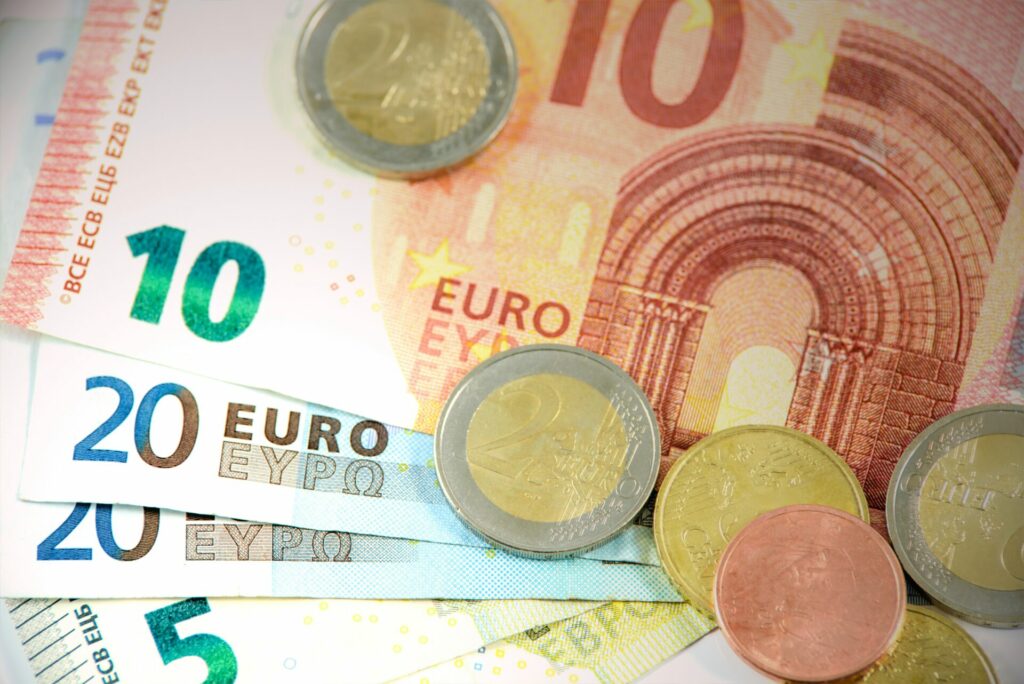High borrowing costs are placing additional strains on the Federal Government's finances, at a time when its resources are stretched to breaking point in its efforts to help Belgians confront the soaring cost of living crisis.
On Monday, Belgium sold €1.2 billion worth of 10-year government bonds at an average annual rate of 2.9% — the highest recorded rate since June 2012 — while only last August such bonds were sold at an annual rate of 1.8%.
The higher yield will mean that the Federal Government will have to pay €351 million in interest payments over the next decade — €135 million more than it would have paid had interest rates remained the same.
The yield on 31-year bonds, also sold by the Belgian Treasury on Monday, told a similar story: €1 billion worth of these bonds were sold at an average yield of 3.3%, when in July (the last time the Treasury auctioned such bonds) the average yield was 2.5%. Such a difference similarly entails that an extra €238 million will have to be spent by the Belgian Government on servicing its debt over this period.
Inflation to the rescue?
The higher rates are due in large part to the increasing rate of inflation, which are now the highest they have been in Belgium for 50 years. (Bond purchasers typically protect themselves against higher inflation by charging higher rates of interest.)
Related News
- Protest against energy crisis at Tihange power plant
- Energy profit protest in Namur to cause region-wide disruptions
Interestingly, Belgian bonds' 'real' yield, or nominal yield minus the inflation rate, has actually declined relative to last summer. However, it is not expected that Belgium's current high rate of inflation will remain elevated beyond the next few years — meaning that Belgium is still expected to pay significantly higher real rates over the bonds' maturity period.
Such strains on the State's finances come at a time when Belgium is facing increasing social unrest over the European cost of living crisis triggered by Russia's invasion of Ukraine.
Belgium's government debt relative to GDP now stands at over 100%, while the State is currently running a budget deficit of 5.5% relative to GDP.
The EU's fiscal rules state that no country may incur a debt relative to GDP greater than 60% and that no country may run a budget deficit relative to GDP of greater than 3%. These rules, however, were suspended during the Covid-19 pandemic — a suspension which was extended until 2024 after Russia's invasion.

